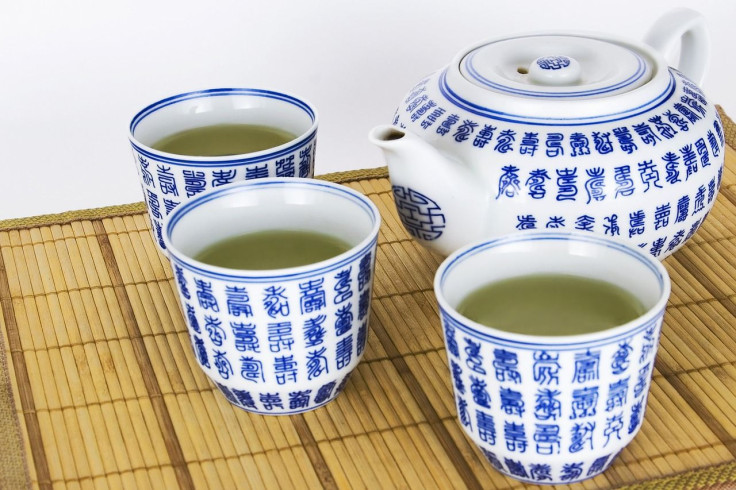Consume This Tea Alongside A Regular Exercise Regimen To Keep Fatty Liver Disease At Bay

About 300,000 deaths in the U.S. every year are related to obesity and about 100 million Americans are diagnosed with the non-alcoholic fatty disease every year. However, fatty liver can be reversed if addressed at an early stage. Adhering to a healthy diet, increasing physical activity and indulging in supplements can not only reduce liver fat but also decrease the risk of its progression into more serious liver disease.
New research suggests that green tea extract reduced the severity of obesity-related fatty liver disease in mice models.
The researchers at the Penn state university opine that their findings could point to a potential health strategy for individuals who might be at risk of fatty liver disease. Since the non-alcoholic fatty liver disease is a significant global health issue that is expected to worsen and currently there isn’t any validated therapy for this disease, it is important for people to make lifestyle modifications.
The study: Mice were fed a high-fat diet for a period of 16 weeks and were given green tea extracts and were made to perform exercises such as running on a wheel. They analyzed the liver tissues and measure the protein and fat content in their feces.
The findings revealed the following:
- Mice that exercised regularly and consumed green tea extracts were found to have just a quarter of the lipid deposits in their livers. This group also had higher fecal lipid and protein levels.
- Mice that were given green tea extracts without exercising had about half as much fat in their livers
- Mice that consumed green tea alongside regular physical activity processed nutrients differently and their bodies handled food differently.
"We think the polyphenols in green tea interact with digestive enzymes secreted in the small intestine and partially inhibit the breakdown of carbohydrates, fat, and protein in food," MedicalXpress quoted the study’s lead author Joshua Lambert, associate professor of food science. "So, if a mouse doesn't digest the fat in its diet, that fat and the calories associated with it pass through the mouse's digestive system, and a certain amount of it ends up coming out in its feces," he added.
© Copyright IBTimes 2024. All rights reserved.






















